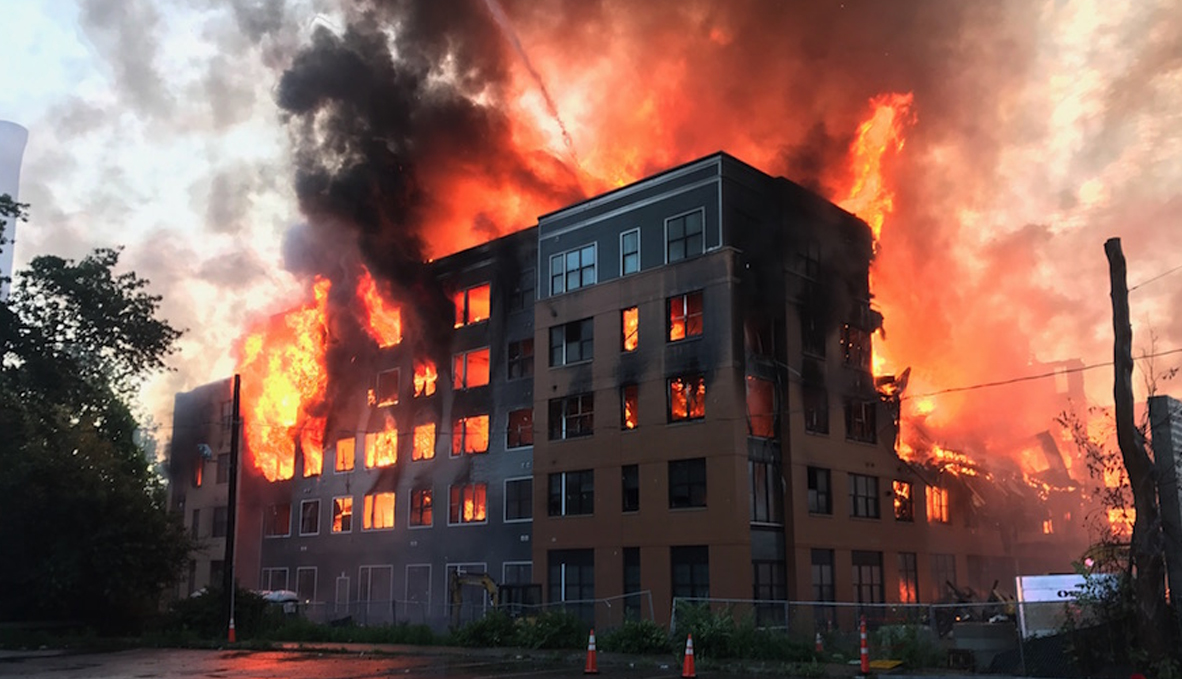
Steps to Take After Storm or Fire Damage to Maximise Your Insurance Payout
Severe storms and devastating fires can cause significant damage to your home or business—leaving you stressed, overwhelmed, and unsure of what to do next. In the chaos that follows, it’s easy to make mistakes that can reduce your insurance payout.
At LYG Law, we’ve helped countless clients navigate the property insurance claims process and recover fair compensation. Taking the right steps immediately after damage occurs can make a major difference in your claim’s outcome.
Here’s a clear action plan to help you protect your property, preserve evidence, and maximise your insurance recovery.
1. Put Safety First
Before you think about paperwork or insurance, make sure you and your family are safe. Avoid entering damaged buildings until they’ve been deemed secure by emergency services or a qualified inspector. Storm and fire damage can leave behind hidden dangers like weakened structures, exposed wiring, and hazardous debris.
2. Notify Your Insurance Company Immediately
Report the damage to your insurance provider as soon as possible. Most policies require prompt notice, and delays can lead to disputes or even denial of your claim. Provide basic details of the incident, but avoid making assumptions about the cause or extent of the damage until a professional assessment is completed.
3. Document Everything Thoroughly
Strong evidence is the foundation of a successful property damage claim. Take clear, high-resolution photographs and videos of:
• Exterior and interior damage
• Damaged personal property and belongings
• Any temporary repairs you make
• The surrounding property and affected areas
Keep a written record of the date, time, and circumstances of the damage. The more detail you can provide, the harder it is for an insurer to undervalue or dispute your losses.
4. Protect Your Property From Further Damage
Most policies require you to take reasonable steps to prevent further harm after the initial incident. This might include:
• Boarding up broken windows
• Placing tarps over exposed areas of the roof
• Removing water to prevent mold growth
• Securing valuables from theft
Keep all receipts for materials and labor, as these may be reimbursable.
5. Review Your Insurance Policy
Understanding your coverage is critical. Review your policy to confirm:
• What types of damage are covered
• Whether you have replacement cost or actual cash value coverage
• Applicable deductibles
• Any exclusions or limitations
This knowledge helps you anticipate the insurer’s position and ensures you claim all benefits you’re entitled to.
6. Get Independent Damage Assessments
While your insurance company will send an adjuster, consider hiring your own independent inspector or contractor. An objective assessment can help identify damage the insurer’s adjuster might overlook or undervalue, strengthening your negotiating position.
7. Keep a Claim Diary
Insurance companies often aim to settle quickly and for as little as possible. Review every settlement offer carefully, and don’t hesitate to question amounts that seem too low. A professional review can reveal overlooked damages or underestimated repair costs.
9. Seek Legal Support When Needed
If your claim is delayed, denied, or underpaid, legal assistance can be essential. At LYG Law, we represent policyholders—not insurance companies. We understand the tactics insurers use and know how to challenge unfair claim decisions. From negotiating with adjusters to pursuing litigation if necessary, we fight to secure the compensation you deserve.
Final Thoughts
Storm and fire damage are stressful enough without the added frustration of an unfair insurance payout. By acting quickly, keeping thorough records, and understanding your rights, you can significantly improve your chances of a full and fair recovery.
If you’re facing resistance from your insurer or simply want to ensure your claim is handled properly from the start, contact LYG Law for a free consultation. We’ll stand by your side every step of the way—so you can focus on rebuilding while we focus on getting you the payout you deserve.